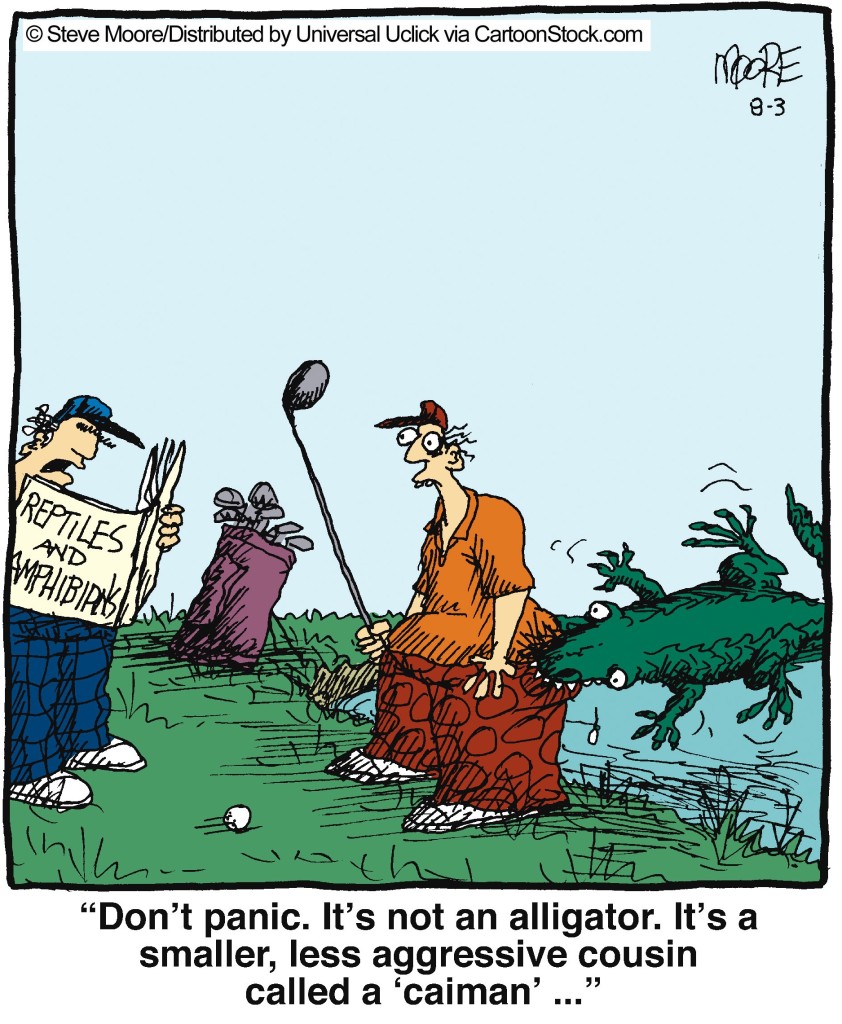 Being heard is so close to being loved that for the average person, they are almost indistinguishable. –David Augsburger
Being heard is so close to being loved that for the average person, they are almost indistinguishable. –David Augsburger
It’s the greatest thought on communication I’ve ever heard. It will heal and deepen relationships. Master this mantra and you’ll do well in life; ignore it and you’ll frustrate yourself and others. Stephen Covey said, “Seek first to understand, then to be understood.”
Listen first.
The “low-grade fever” of impoverished relationships is poor listening. All good communication involves dialogue—I will listen to you and I want you to listen to me. But who listens first? Choose to be the one who listens first.
People will be more inclined to listen to you once they realize you want to listen to them.
Listen with the intent to understand.
There is a difference between simply hearing (an auditory function) and really listening, which involves our intellect and emotions. Listening involves more than just being quiet. When conversing with another person, do you truly want to know what he or she is thinking and feeling? Listening begins as an attitude that is based on a genuine desire to understand what others are saying. It is a value to embrace, not an inconvenience to be tolerated.
Here are some suggestions on how to listen well:
- Some people struggle with communicating so sometimes, in our attempt to understand what someone is trying to say, we must “read between the lines,” interpret body language, and patiently try to decipher what the person is trying to say. While this seems to be an unreasonable demand (why can’t we just establish the basic rule of, “Say what you mean and mean what you say”?) it is often necessary if we truly want to seek first to understand.
- Concentrate on the speaker; do not be distracted.
- Do not interrupt, talk over, or finish the speaker’s sentences.
- Be patient. When the speaker pauses it does not necessarily mean he is finished speaking.
- While the other person is talking, resist formulating your response. At this point your job is to listen.
- When the other person has finished talking you may need to clarify what you think he said, to ensure you have understood him.
Share your thoughts in a rational way.
I will choose to listen to you first, but the conversation is not over until I have a chance to share my thoughts. My eagerness to listen to you does not diminish my desire and right, to vocalize my thoughts. I will work hard at crafting my words carefully and will communicate clearly because I want you to understand exactly what I am saying. First, I will respond to what you have just said, but then I may introduce a new topic.
The most basic of all human needs is the need to be understood. The best way to understand people is to listen to them.
Click here to read about hinderances to listening.
[reminder]What are your thoughts about this essay?[/reminder]

 I’m a huge fan of setting goals. If you aim at nothing you will always hit it.
I’m a huge fan of setting goals. If you aim at nothing you will always hit it.
 Superstitious behavior comes from the mistaken belief that a specific activity that is followed by positive or negative reinforcement is actually the cause of that positive or negative reinforcement. It is the confusion of correlation and causality. —Marshall Goldsmith
Superstitious behavior comes from the mistaken belief that a specific activity that is followed by positive or negative reinforcement is actually the cause of that positive or negative reinforcement. It is the confusion of correlation and causality. —Marshall Goldsmith